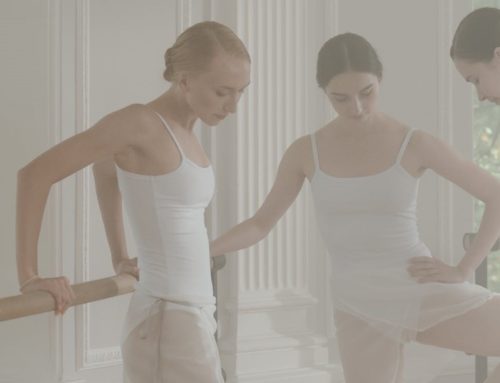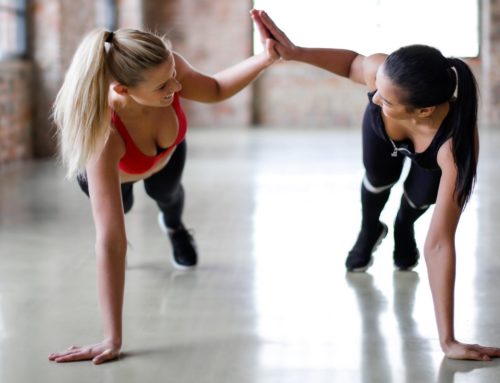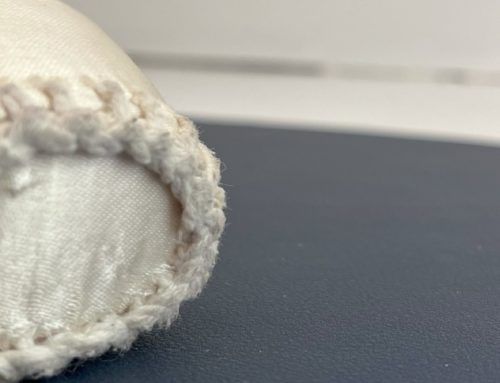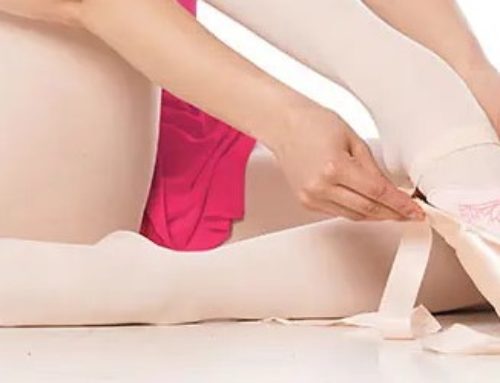We all know that each dance teacher and each studio has their own set of rules and guidelines for their studios. However, there are a few things we think all dancers need to consider – wherever they may be dancing.
Respect Your Accompanist
If you’re privileged enough to take class in a studio that provides a live pianist in your ballet lessons, then you’ll know that every reverence includes a gesture of thanks for their presence. Oftentimes, as dancers, we forget just how lucky we are to have them in the room with us.
Your accompanist has gone through just as rigorous training as a professional dancer, albeit in another craft. They’ve put in endless hours of practice to get to where they are today. In the context of ballet class, their job is to support your training by matching their playing to your movement. This demands absolute fluency and skill in producing music accurately as required, all while modulating tempo, dynamics, and quality to match the performance of each individual dancer in the class. The service they provide can never compare to a digitised recording.
Bearing all of this in mind, sometimes the accompanist will make mistakes, as will the dancer. Blaming your accompanist for your technical mistakes in class is like them blaming you for them playing in an incorrect key. Neither is true, nor productive. Rather, use situations like this to prepare for when mishaps happen in performances and the responsibility falls on you as the performer not to give away that anything has gone wrong.
Take the time to get to know the accompanist you’re working with. The better the relationship you develop with them, the more interested they’ll be in helping you deliver your best possible performance. Your accompanist knows who in the class jumps at what tempo, who takes longer breaths in their adage, the quality of each dancer’s port de bras, and the choreographic characteristics of everyone’s individual codas.
Always Finish the Combo
Unless it’s a matter of life or death, dancers must never forget this golden rule. There is nothing more frustrating, for everyone in the classroom, when a dancer stops mid-choreography and obstructs the flow of every else.
It is incredibly hazardous to cease dancing while others are executing the same choreography around you. As a suddenly still body in a group of dynamically moving dancers, you pose very real possible injury to those around you.
It is no one else’s job to make you try choreography and technique which scares you. Maybe you’ll land that pirouette, maybe you won’t. There’s no way to get it right until you try.
Don’t Be a Rosin Goblin
Some dancers love to use a lot of rosin, others prefer none at all. It is a very personal choice which greatly affects each dancer’s individual technique and interpretation of movement. Our relationship with the floor is more important than we often give it credit for.
That being said, it is our responsibility as rosin users to make sure that any excess is shaken off into the box from whence it came, and not scattered all over the studio floor. It is quite jarring and off-putting to dance on surfaces with inconsistent friction.
Personal Hygiene
This is a tricky one to navigate sometimes, as our bodies all respond differently when active. Most of us know how to keep ourselves looking and smelling clean and presentable, but the trick is to still hold on to the freshness whilst you’re busy passing away doing Grand Allegro.
Here are some items that are a must in every dancer’s class bag to keep the whole experience fresh for everyone:
Sweat Towel:
These are a multifunctional magic in a dance class. Sweat in your eyes? No problem, wipe it away before it even gets close. Sliding around in partner work? Dry that sweat. Unintentionally making the floor around you slippery? Sweat towel.
Always towel your sweat off after class, as dried sweat on the body very often creates unpleasant odours.
Deodorant:
Roll-ons are preferrable to sprays, especially in studios not so well ventilated. Hard work doesn’t always smell great. Combat the problem before it appears. Apply deodorant before class, and anytime you feel like you need a sneaky refresher.
Breath-freshener:
This is more necessary for pas de deux situations – but always a bonus to have with you. Something like mouth-spray or chewing gum makes for a quick refresh. It is not advisable to chew gum whilst dancing. Sometimes the snacks we eat during the day linger on the breath. Everyone has their own snacks; they don’t need to share in the experience.
Clean Ballet Pumps:
We sweat from our feet a substantial amount. This is collected by our shoes and can very quickly mature into a rather cheesy fragrance. Ideally, you should be washing your ballet pumps as often as you would your tights – hence several pairs are always a good idea.
If you do not have pumps that are easy to wash or find your pointe shoes are developing a slight pong, a foot spray or shoe-drying insert can easily combat the situation.
Come To Class with a Good Attitude
Not referring to the arm and leg line here – we mean a positive manner toward the dance environment. Bad days happen, life gets in the way, and sometimes we feel like because we’re not having a good day no one else should either.
Treat the dance class as a sacred place. It’s not about you. You are there to serve the work. Always give your best – you owe that to yourself, and everyone around you. Dance is a celebration of movement and the amazing feats our bodies are capable of.
Meanness, narcissism, and pessimism have no place in the dance class. Turn comparing one-another into learning from each other. Turn “I can’t” into “I’m working on it”.
Dance is not easy. That doesn’t mean we can’t enjoy the journey.






